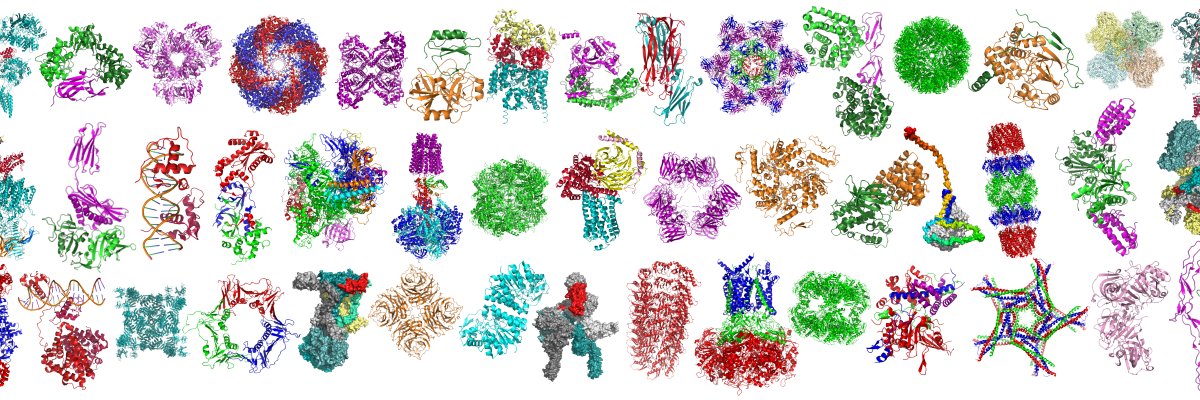
Joe Marsh
@jmarshlab
Computational biologist at @MRC_HGU, @EdinUni_IGC, @EdinburghUni
Mapping variant effects for a healthier future! Explore the Atlas of Variant Effects Alliance's 2024 #AnnualReport. From membership growth to global collaborations, discover how we're advancing genomics and making a difference #VariantEffectMapping varianteffect.org/annual-reports
Mark your calendars for the 8th Annual Mutational Scanning Symposium #VariantEffect25 "Mapping and Modelling Variant Effects at Scale"🗓️May 21-23, 2025 in Barcelona and online. Registration opens on Jan 20th, 2025. ℹ️varianteffect.org/mss2025 @CRGenomica @IBECBarcelona
Read more here about the work by @jmarshlab and @varianteffects to improve transparency and trust in genetic prediction tools: edin.ac/4jBeF1k
New paper out in Genome Biology! 🎉 We lay out best-practice guidelines for releasing variant effect predictors, developed through the Atlas of Variant Effects Alliance @varianteffects Open, interpretable, and clinically useful VEPs are the goal. 📄 doi.org/10.1186/s13059…
The guidelines "aim to streamline VEP development, sharing, and evaluation by tackling data availability, interpretability, transparency, and circularity." Benjamin J. Livesey, @jmarshlab et al genomebiology.biomedcentral.com/articles/10.11…
New paper out in Genome Biology! 🎉 We lay out best-practice guidelines for releasing variant effect predictors, developed through the Atlas of Variant Effects Alliance @varianteffects Open, interpretable, and clinically useful VEPs are the goal. 📄 doi.org/10.1186/s13059…
New review out with @L_Geras @teichlab ! 🧬🔬 We explore how protein structure is improving variant effect prediction. Advances in structural modelling, including AlphaFold, are powering methods like AlphaMissense, PrimateAI-3D, and CPT-1, leading to better accuracy and…
We are hiring a new postdoctoral bioinformatician! Come and work with us on multidisciplinary cancer genomics projects at the Institute of Genetics and Cancer in Edinburgh: elxw.fa.em3.oraclecloud.com/hcmUI/Candidat… institute-genetics-cancer.ed.ac.uk semplelab.com
Happy to see our predictive scores integrated into DECIPHER! We hope they will help clinicians uncover the molecular mechanisms driving dominant disease. Huge thanks to the team at @deciphergenomic for their support. A follow-up study is underway to improve predictions—stay tuned
Protein predictive scores which predict the likelihood that the protein is associated with a dominant-negative, gain-of-function or loss-of-function mechanism are displayed. Curated literature support for a molecular disease mechanism is also shown. @jmarshlab @BdonyiMihly
Protein predictive scores which predict the likelihood that the protein is associated with a dominant-negative, gain-of-function or loss-of-function mechanism are displayed. Curated literature support for a molecular disease mechanism is also shown. @jmarshlab @BdonyiMihly
We were delighted to welcome the Chief Medical Officer of Tanzania Professor Tumaini Nagu to the IGC this week, where she met @wendy_bickmore and @jmarshlab to hear about our research to improve the lives of people living with genetic disease and cancer. @wizara_afyatz
Important ongoing work curating G2P gene-disease relationships with mechanism and mode of inheritance, @HelenVFirth @deciphergenomic @emblebi. Numerous panels available to download. genomemedicine.biomedcentral.com/articles/10.11…
Are you interested in AI and structural biology, genetics and the non-coding (aka “dark”) genome? A PhD studentship through the UKRI AI and biomedical innovation programme at @EdinburghUni @EdinUni_IGC has become available with myself and prof @jmarshlab
Very happy to see this work is now published and we hope our model will be useful for people
In this work, we developed a tripartite statistical model to predict the most likely molecular mechanism when missense pathogenic variants are identified in a gene. doi.org/10.1371/journa…
Excited to share the pre-print of the first story of my PhD project, investigating the function of peptidyl arginine deiminase 6 (PADI6), with @lwalport at @TheCrick. biorxiv.org/content/10.110…
Structural Insight into the Function of Human Peptidyl Arginine Deiminase 6 biorxiv.org/cgi/content/sh… #bioRxiv
Excited to see this work led by @kudlalab is now out, showing that PAX6 DNA binding measured in a yeast 1-hybrid deep mutational scan outperforms existing computational approaches for variant classification embopress.org/doi/full/10.10…